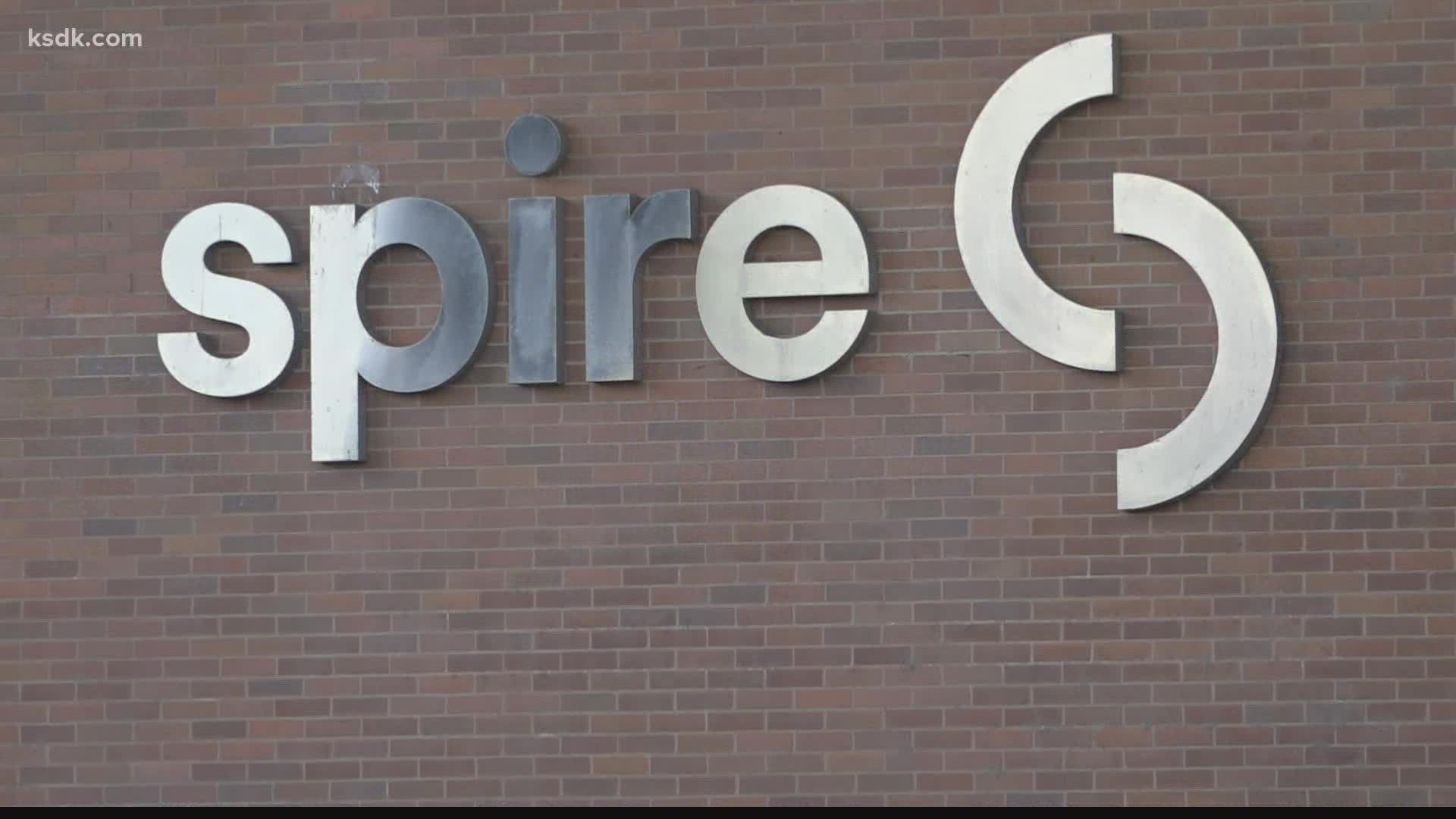ST. LOUIS — St. Louis businesses are warning of "substantial impacts" if a gas pipeline operated by utility Spire is not allowed to operate past Dec. 13.
At issue is continued operation of the 65-mile, $285 million STL Pipeline, which opened in November 2019 and services the region with natural gas.
A federal appeals court in June vacated a regulator's approval of the pipeline, saying the Federal Energy Regulatory Commission did not sufficiently analyze whether it was needed, as only one gas supplier, an affiliate of the line's operator, committed to use it.
That ruling prompted warnings from St. Louis-based Spire that the region could be hit with gas shortages this winter, but FERC in September decided to allow Spire to keep operating the pipeline until at least Dec. 13. The company, and others in the region, hope FERC will extend that emergency order, especially after the U.S. Supreme Court last month rejected a stay request from Spire to keep operating the pipeline.
An executive for Anheuser-Busch, with more than 3,000 employees in Missouri, told FERC that the company "takes seriously the consequences that would be caused by the loss of the STL Pipeline."
The brewer "relies on natural gas" to make its beer, said Jim Bicklein, senior general manager for its St. Louis brewery, and "more than 30 percent of our shipments from the St. Louis brewery to our wholesalers is via trucks that use compressed natural gas."
"If the STL Pipeline were to be shut off, our brewery operations would be impacted and the station we use near the brewery would also be shut off, severely curtailing our fleet," Bicklein told FERC in a letter. "This, in turn, would cause a ripple effect throughout our broader industry. With potential limitations and outages extending beyond our own operations to other businesses, negative economic consequences for the entire St. Louis region are inevitable."
The nonprofit that brought the lawsuit prompting the June ruling, called the Environmental Defense Fund, has downplayed concerns of St. Louis gas shortages. In its lawsuit, it argued that FERC failed to perform its statutory duties, leading to harm for residents whose land is in the pathway of the pipeline and ratepayers who pay for it.
Read the full story on St. Louis Business Journal website.

